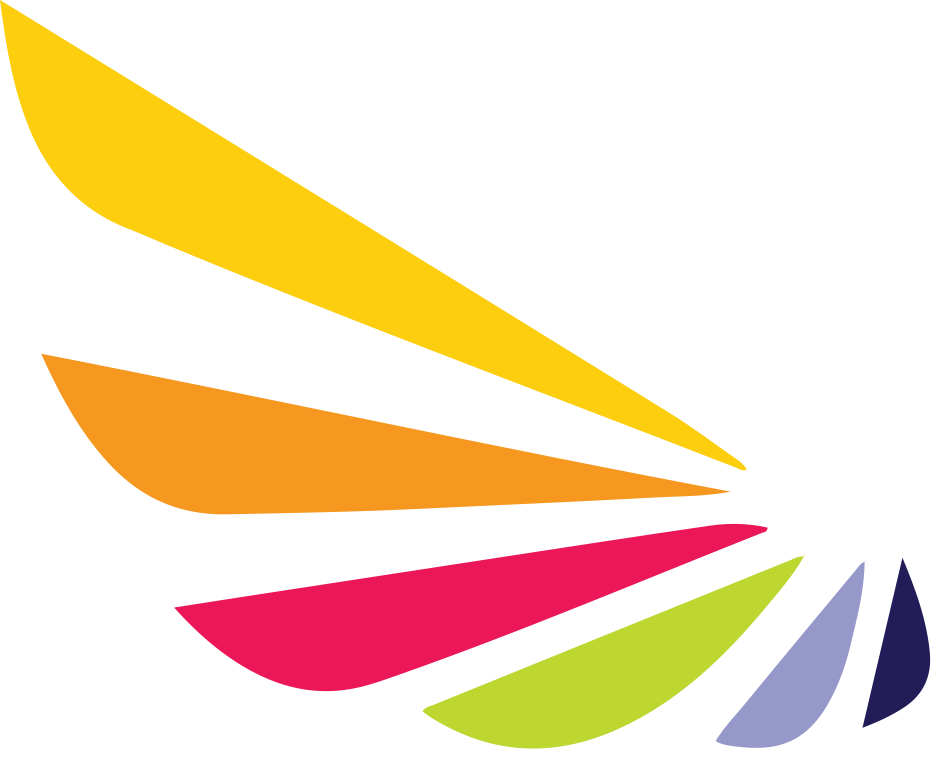Music
Intent
The National Curriculum for music aims to ensure that all children:
- perform, listen to, review and evaluate music
- be taught to sing, create and compose music
- understand and explore how music is created, produced and communicated
At the Phoenix Learning Alliance, children gain a firm understanding of what music is through listening, singing, playing, evaluating, analysing, and composing across a wide variety of historical periods, styles, traditions, and musical genres. We are committed to developing a curiosity for the subject, as well as an understanding and acceptance of the validity and importance of all types of music, and an unbiased respect for the role that music may wish to be expressed in any person’s life. We are committed to ensuring children understand the value and importance of music in the wider community and are able to use their musical skills, knowledge, and experiences to involve themselves in music, in a variety of different contexts.
Implementation
KS1 use the Charanga scheme to cover basic skills such as pulse, rhythm, pitch and tempo. They have the opportunity to explore non-pitched instruments. In KS2, the Music curriculum is centred around Charanga, a music-based scheme in which children learn to sing and play instruments. A steady progression plan has been built into Charanga, both within each year and from one year to the next, ensuring consistent musical development. By using Charanga as the basis of a scheme of work, we can ensure that they are fulfilling the aims for musical learning stated in the National Curriculum. Charanga provides many examples of music styles and genres from different times and places. These are explored through the language of music via active listening, performing and composing activities, which enable understanding of the context and genre. We encourage singing and listening to music for all children across KS1 and KS2, as well as in EYFS, with our weekly singing assemblies. Further musical opportunities are provided through various concerts and performances, musical clubs and teaching from specialist music teachers.
Impact
Whilst in school, children have access to a varied programme, which allows students to discover areas of strength, as well as areas they might like to improve upon. The integral nature of music and the learner creates an enormously rich palette from which a student may access fundamental abilities such as: achievement, self-confidence, interaction with and awareness of others, and self-reflection. Music will also develop an understanding of culture and history, both in relation to students individually, as well as ethnicities from across the world. Children are able to enjoy music, in as many ways as they choose- either as listener, creator or performer. They can dissect music and comprehend its parts. They can sing and feel a pulse. They have an understanding of how to further develop skills less known to them, should they ever develop an interest in their lives.
